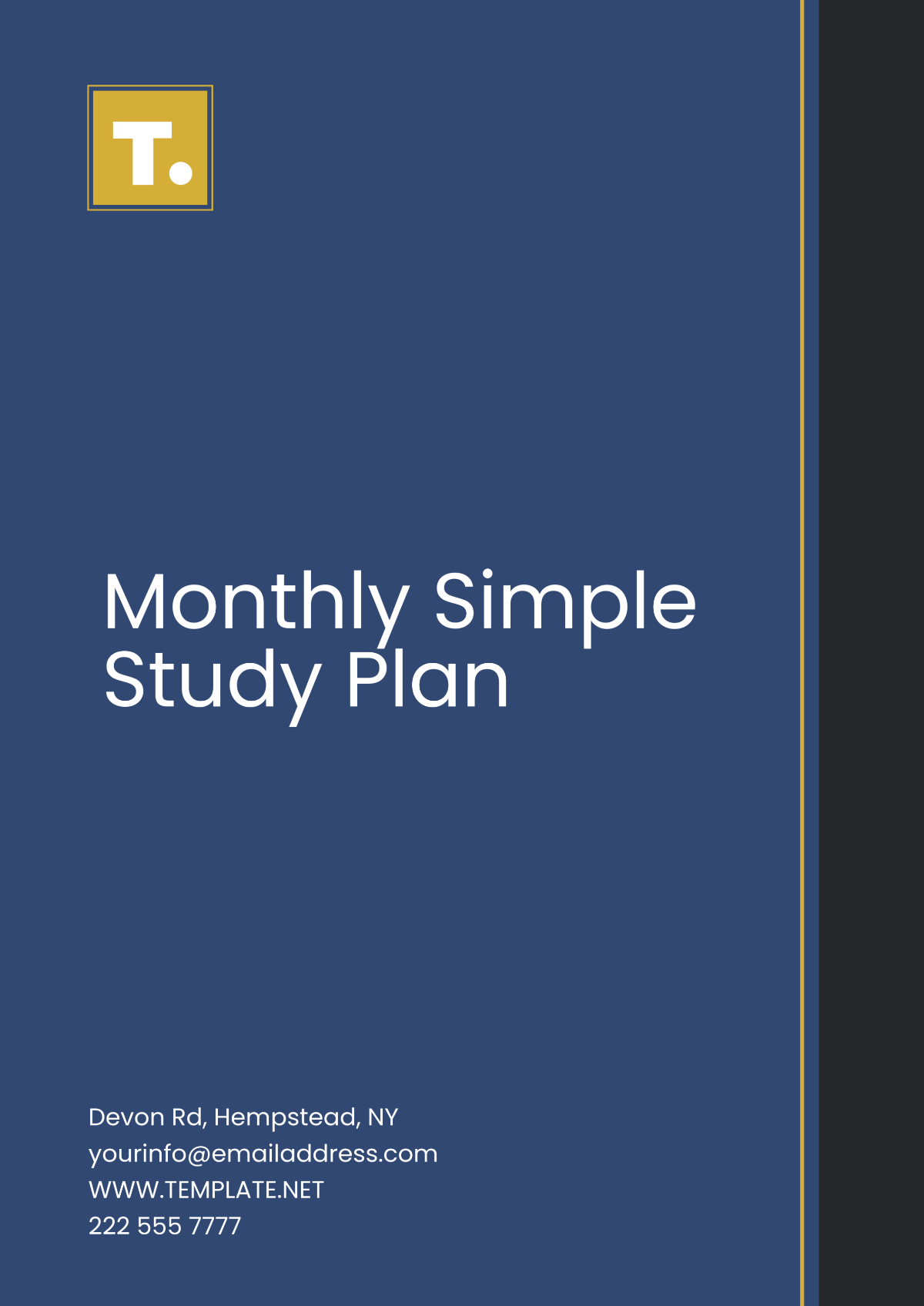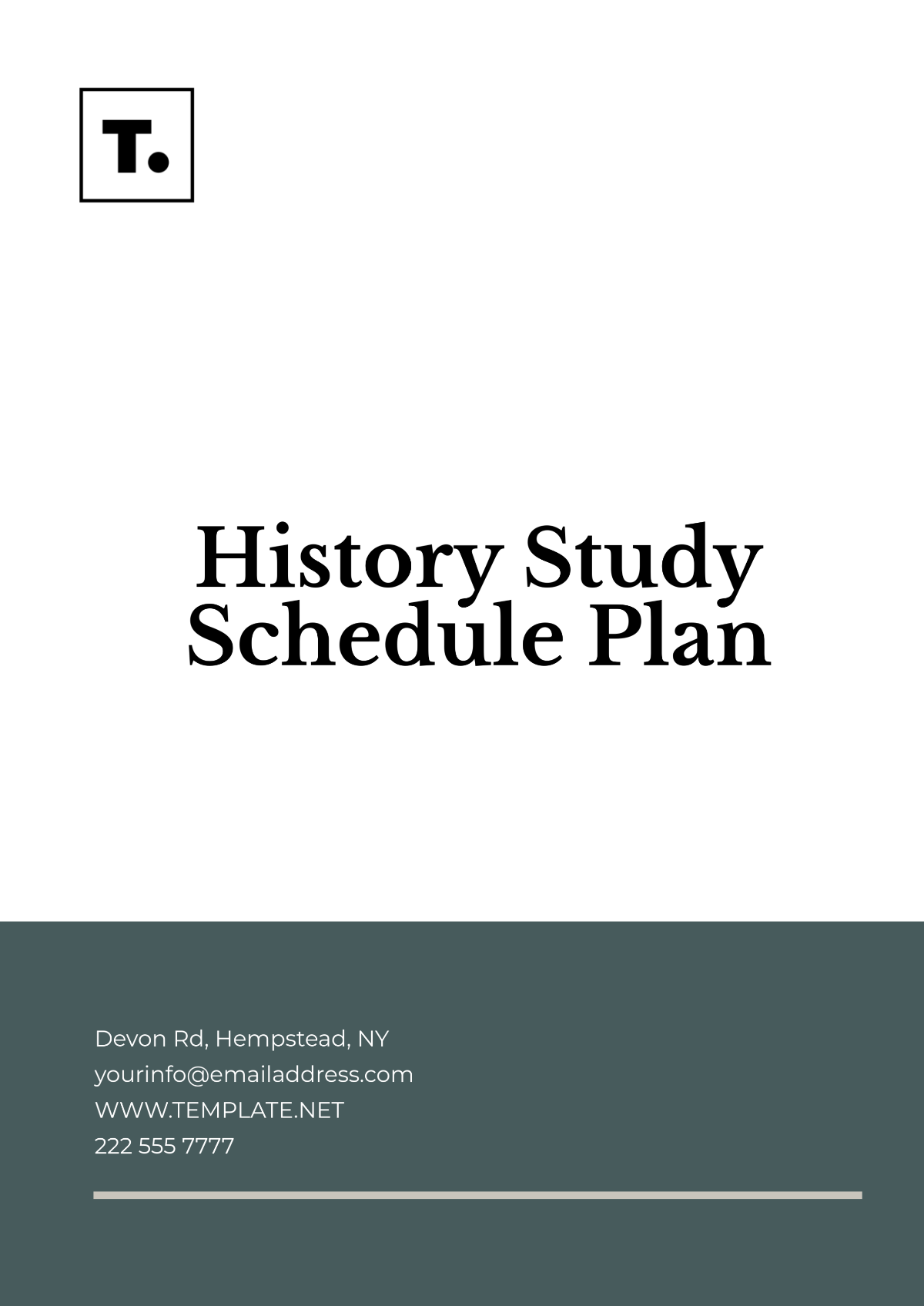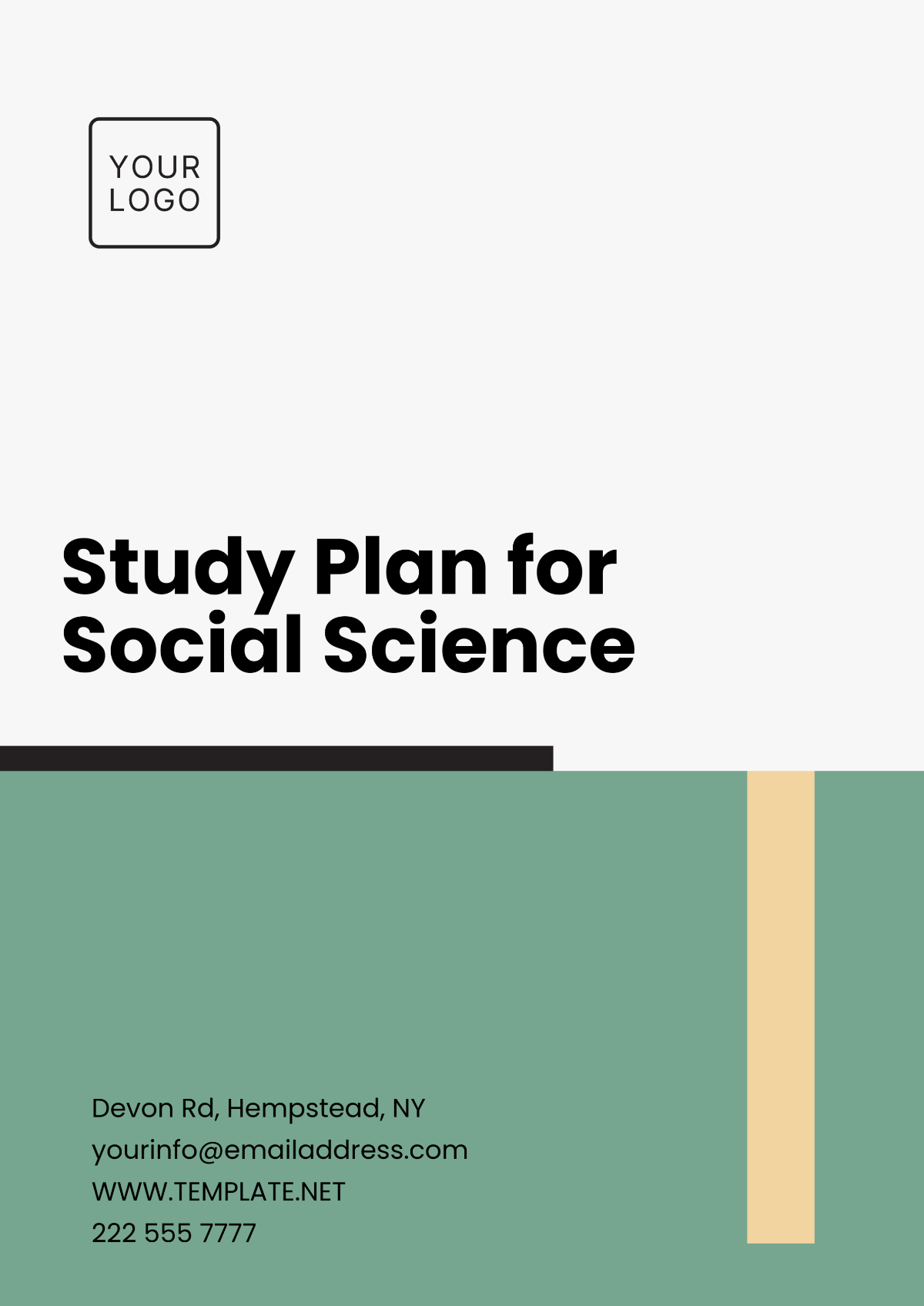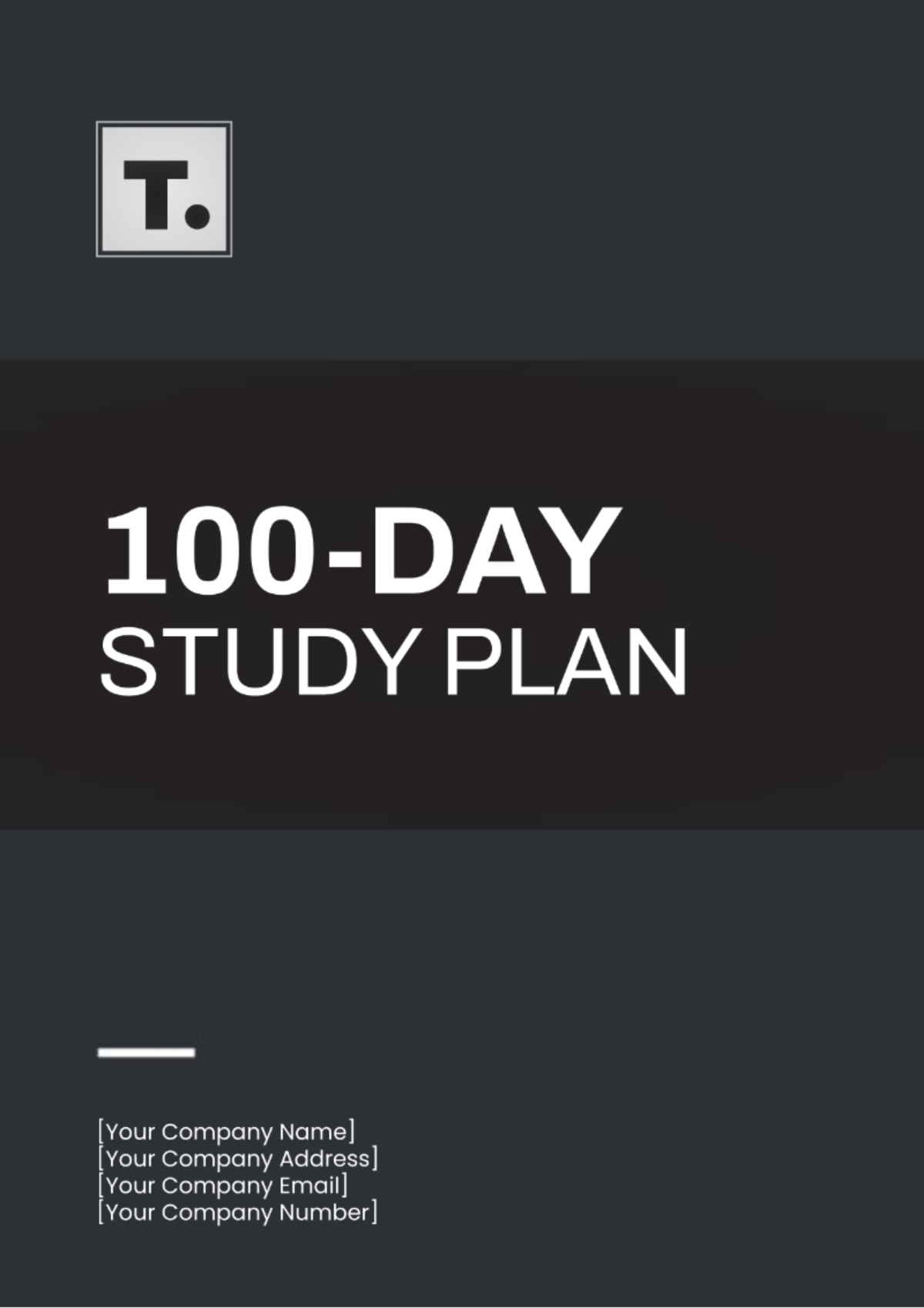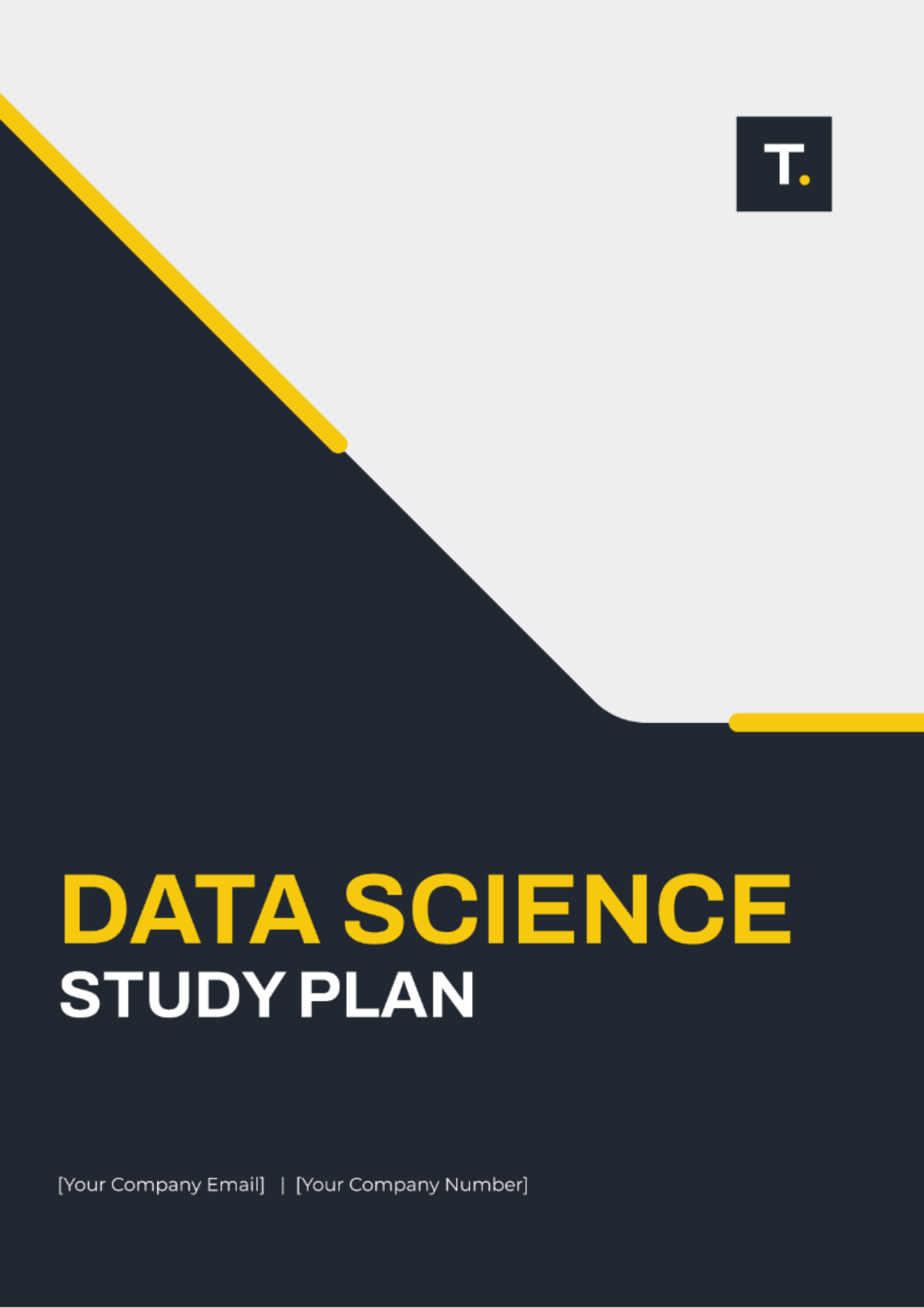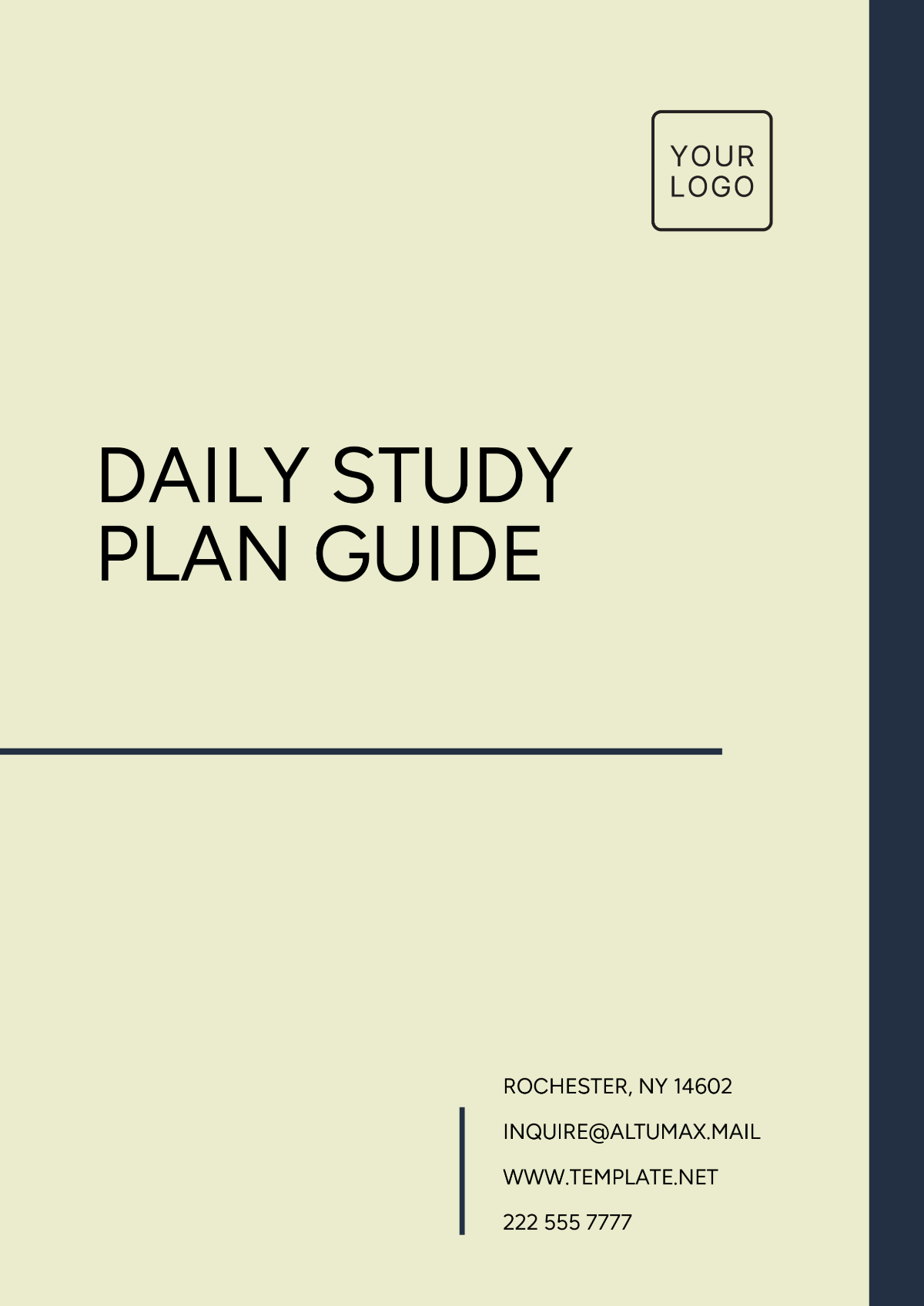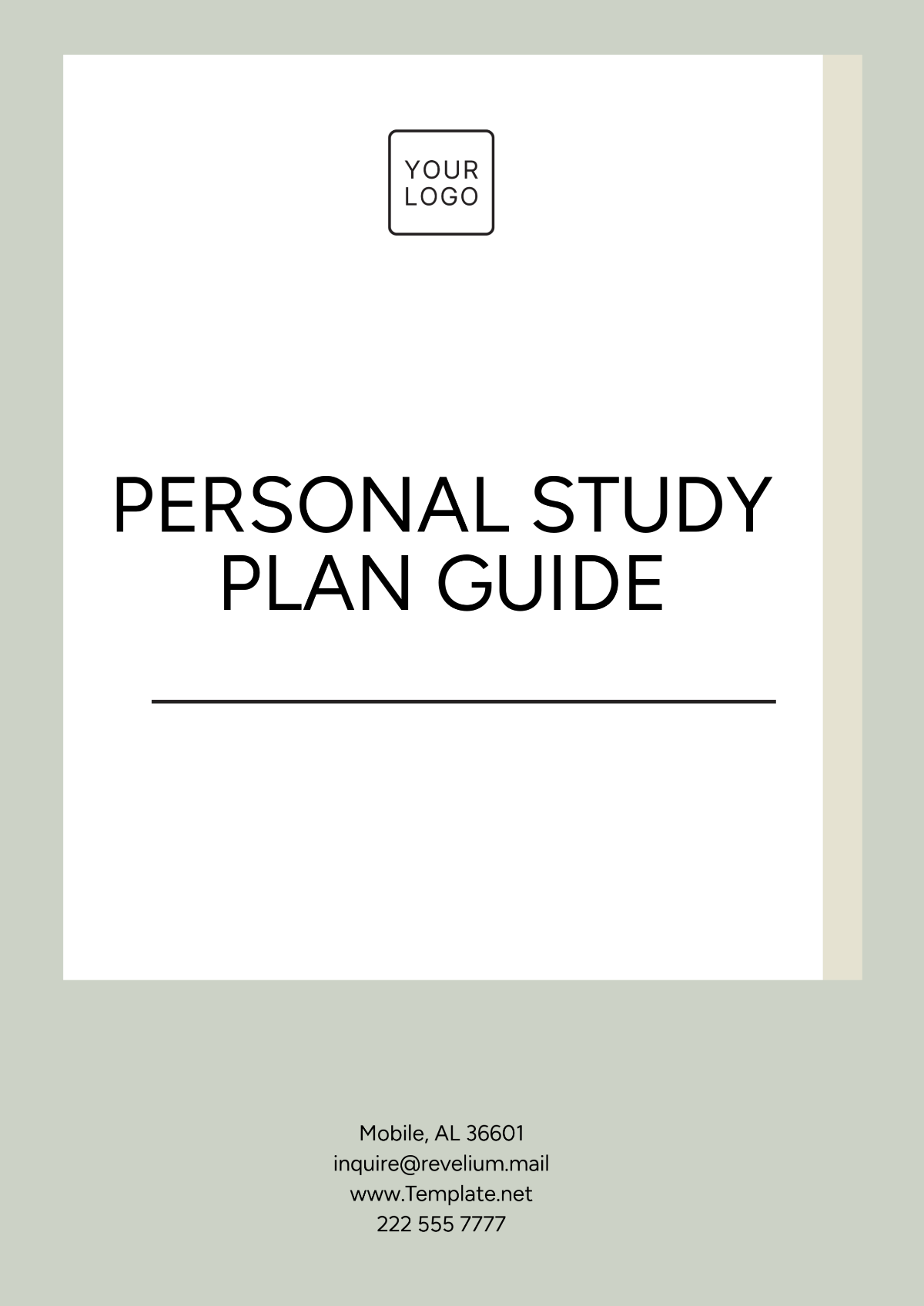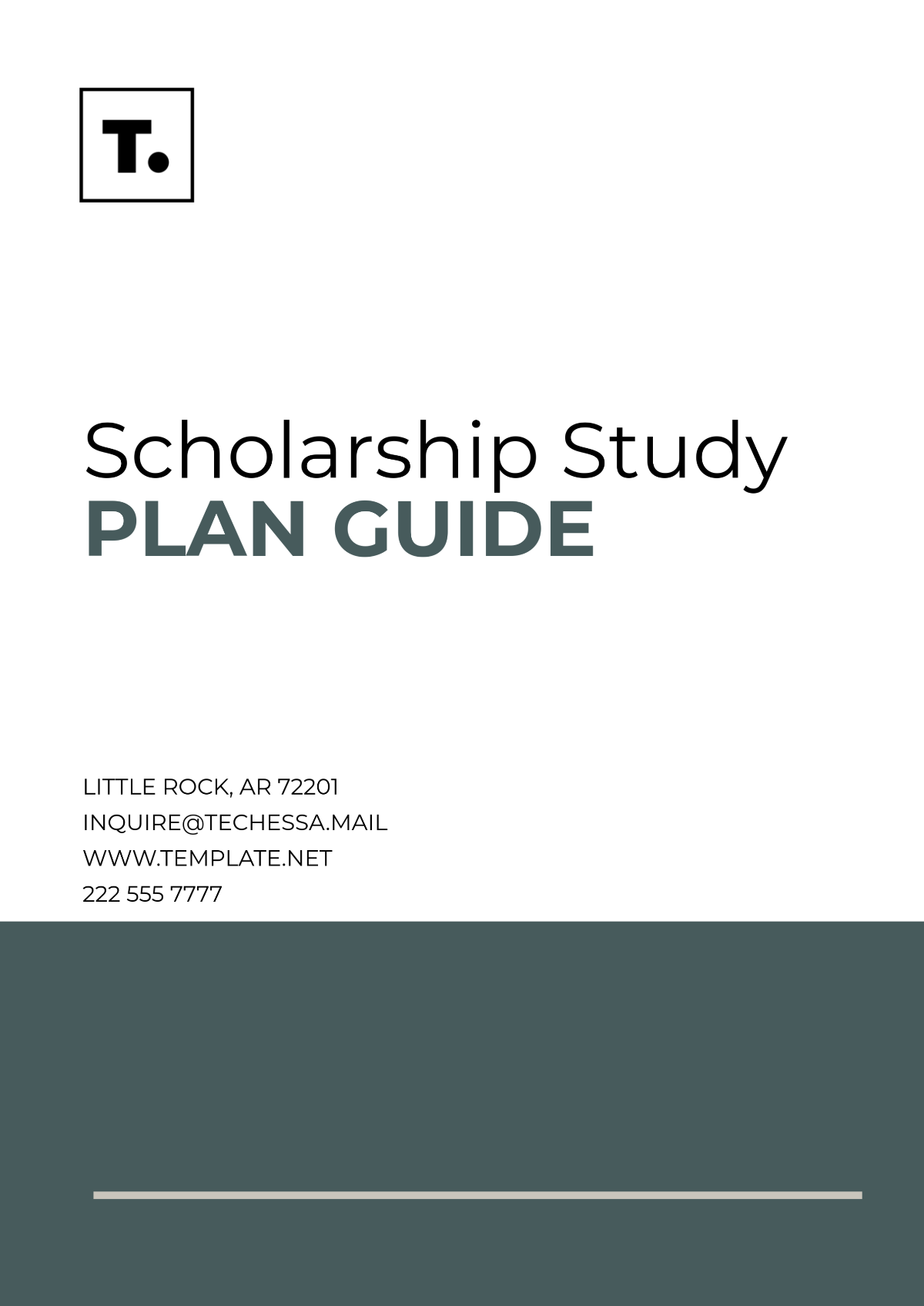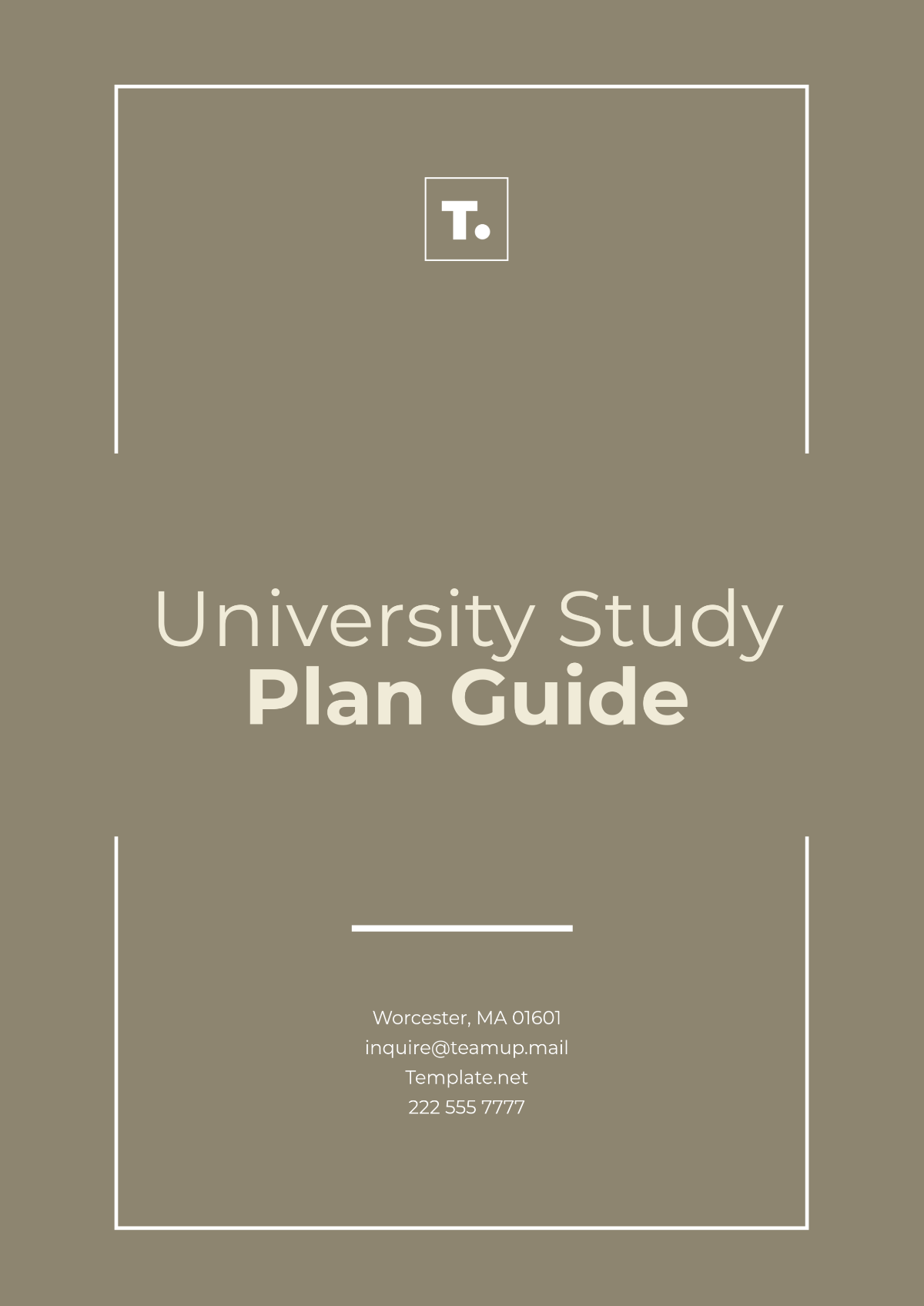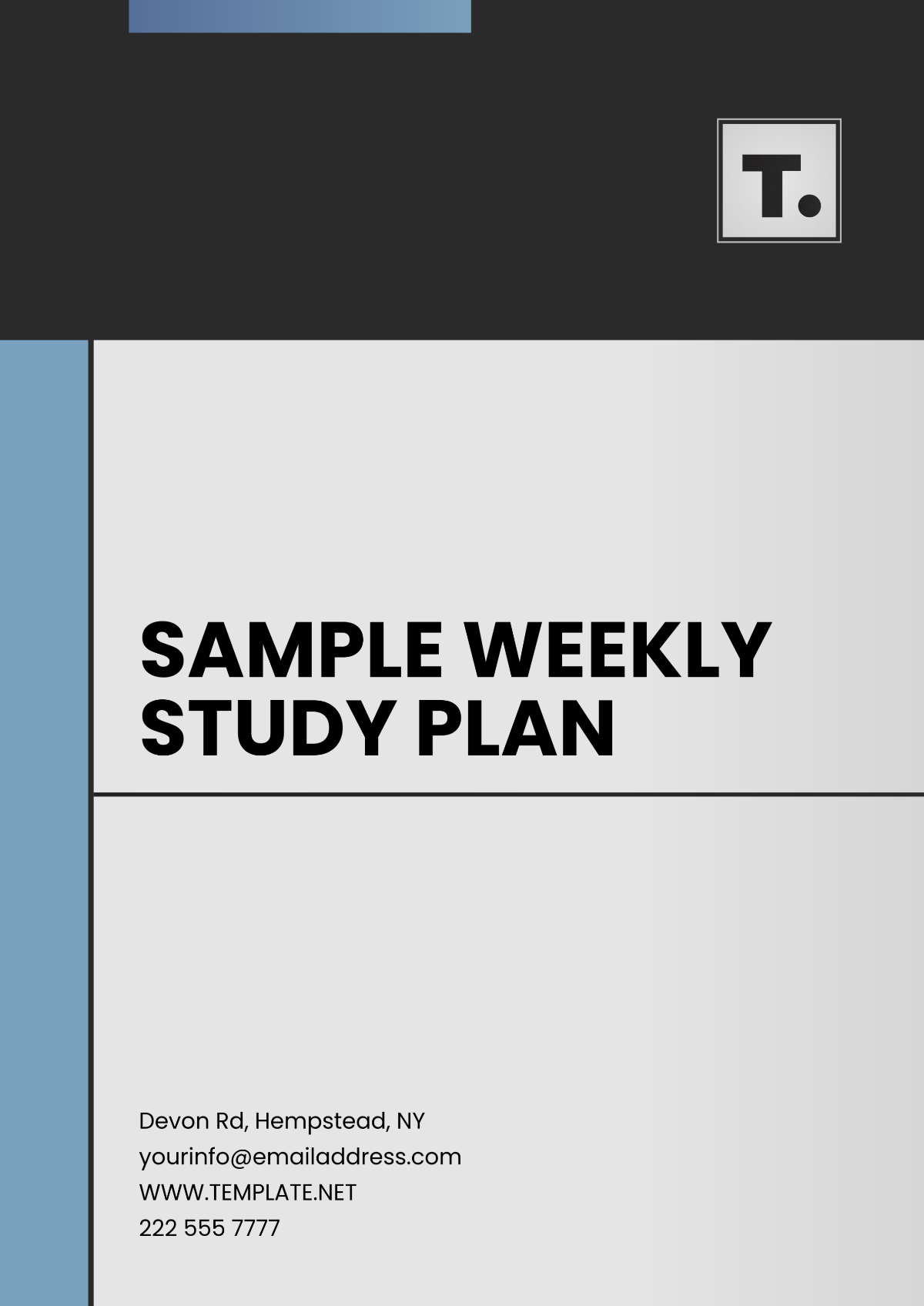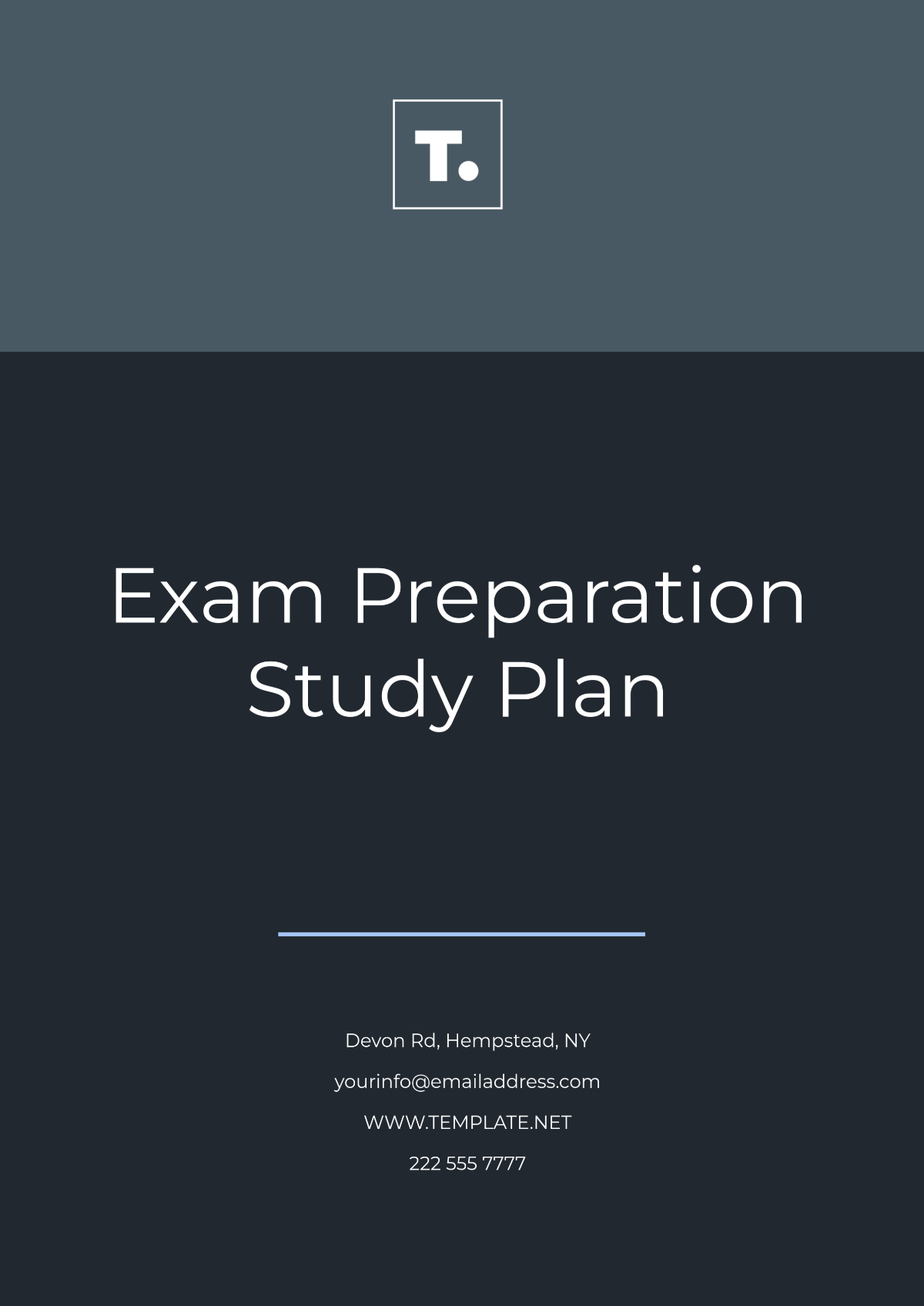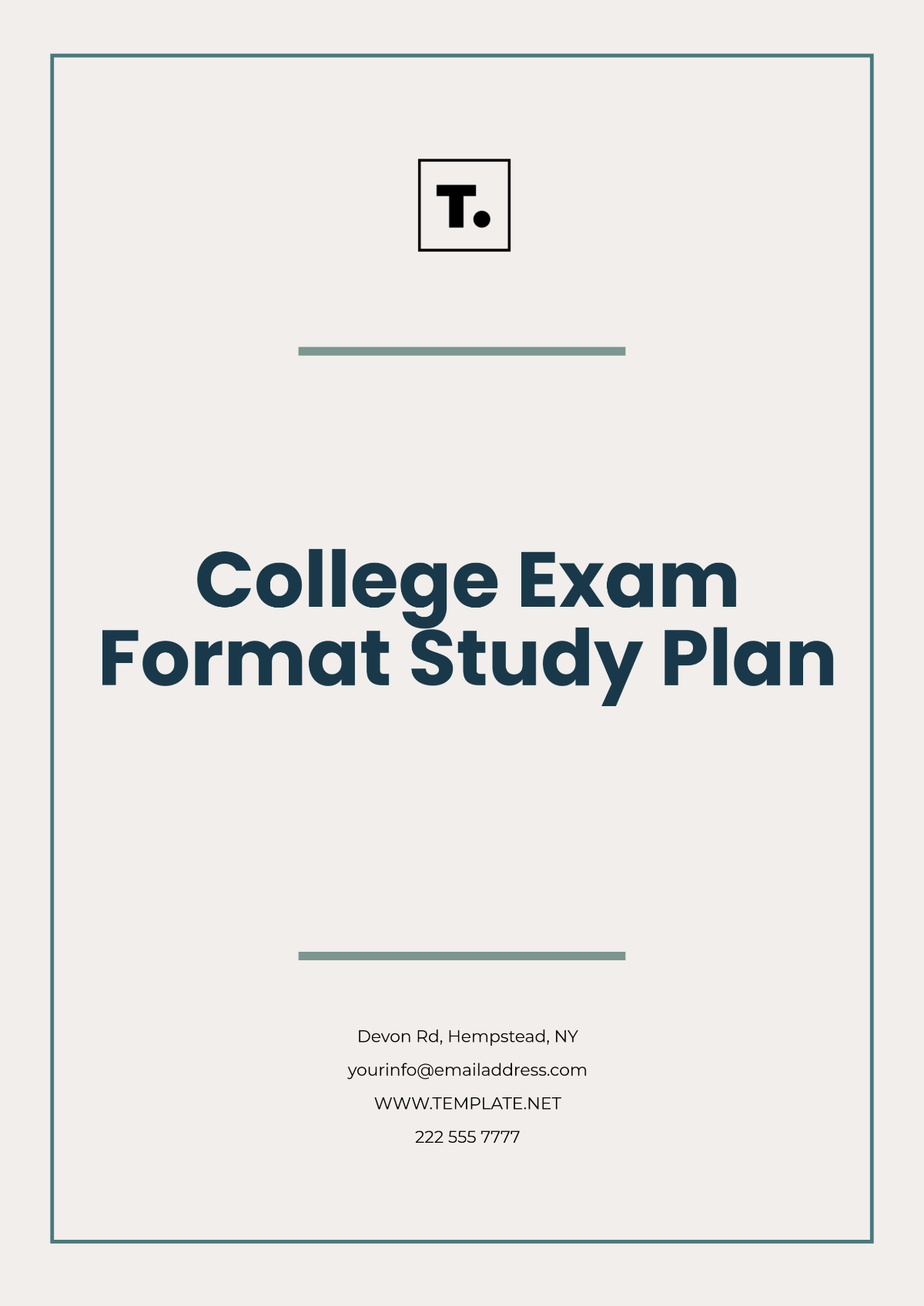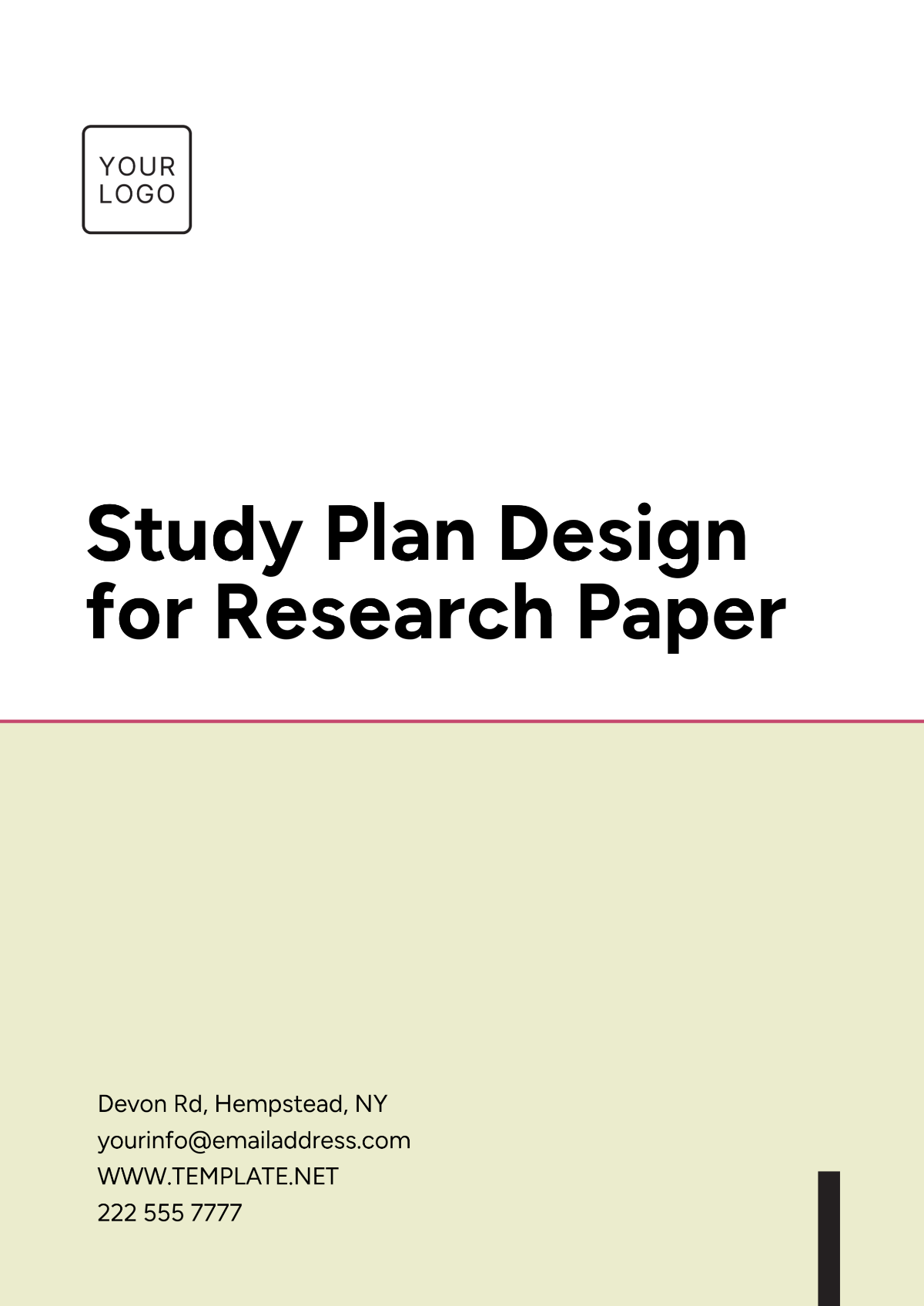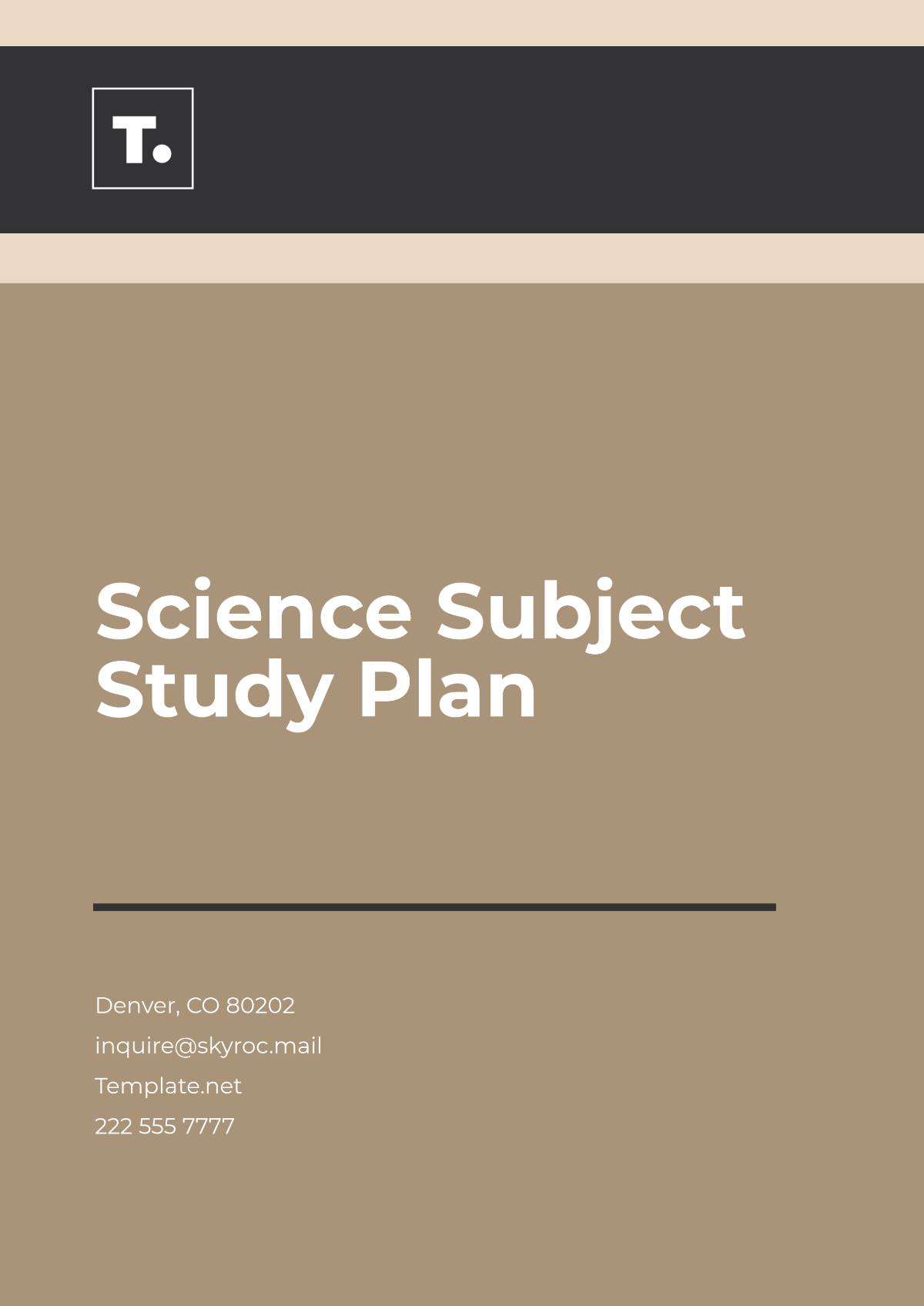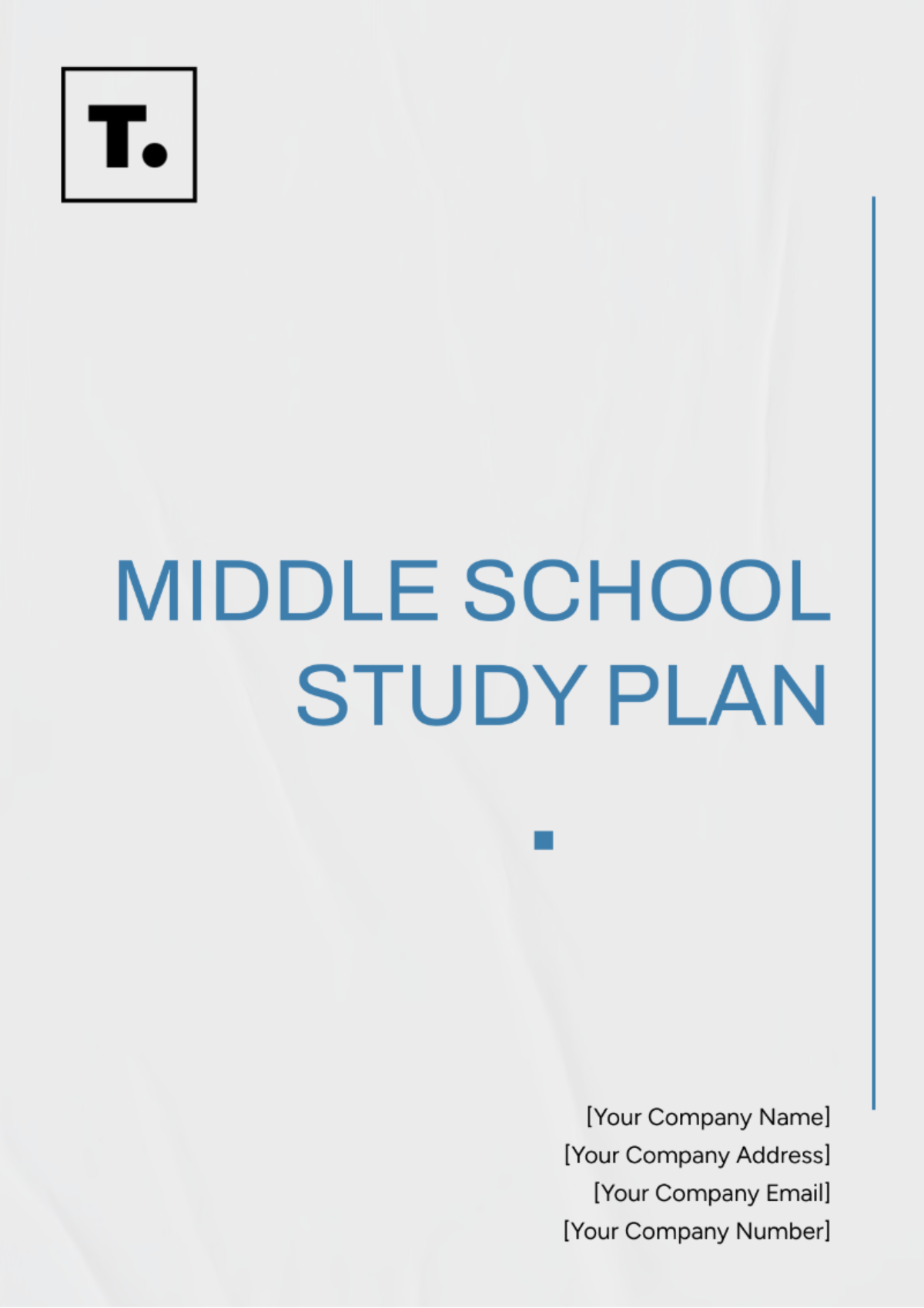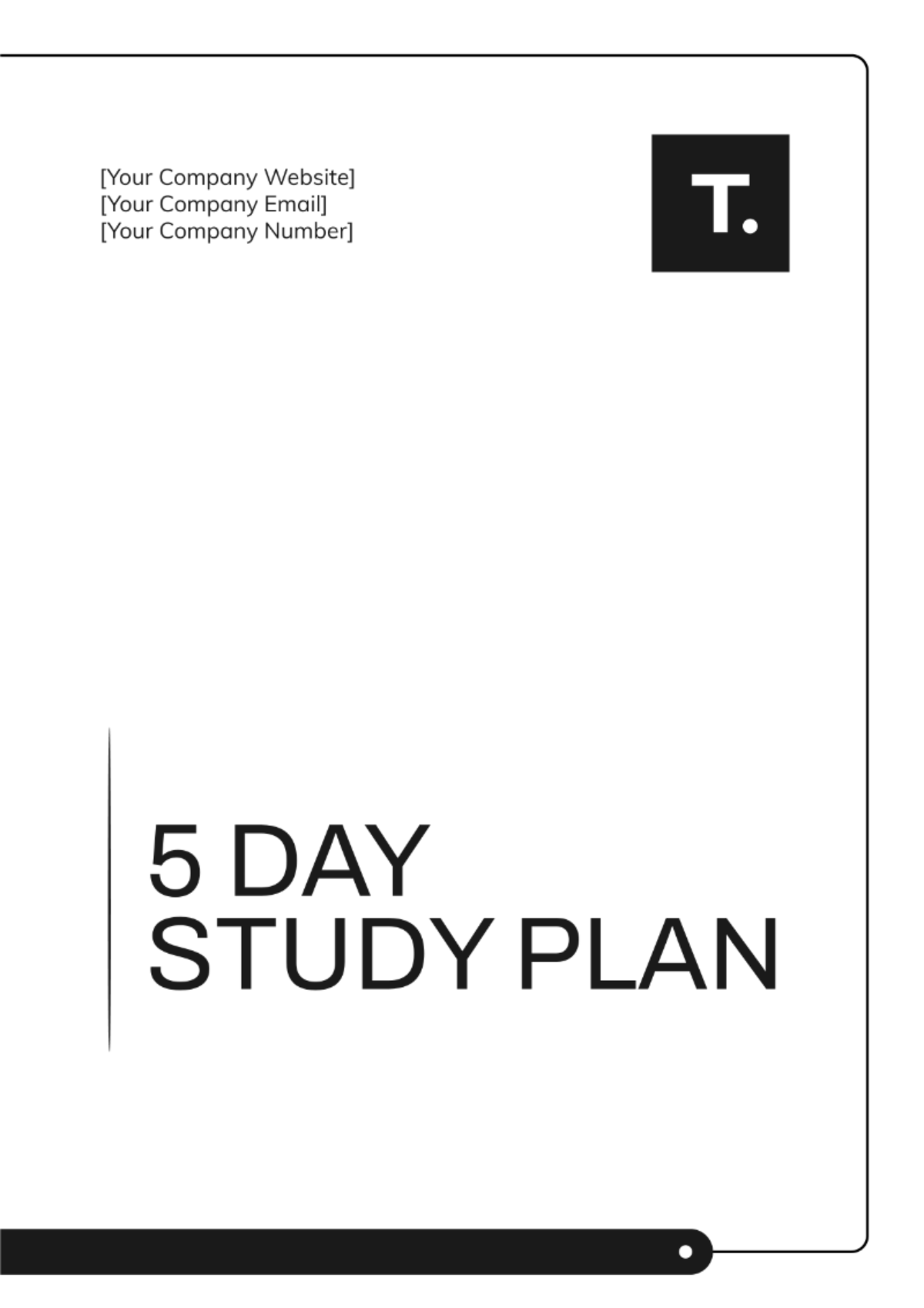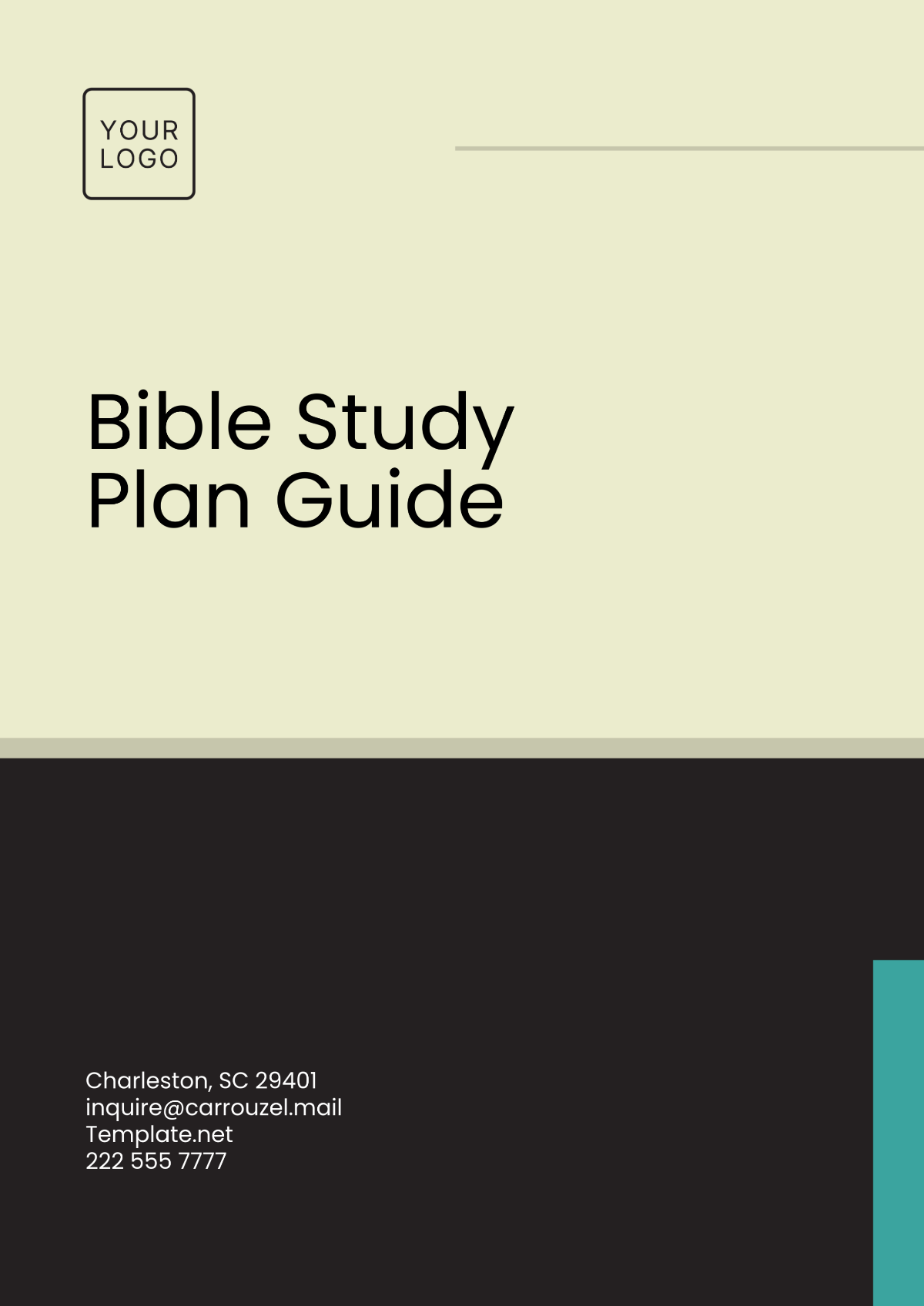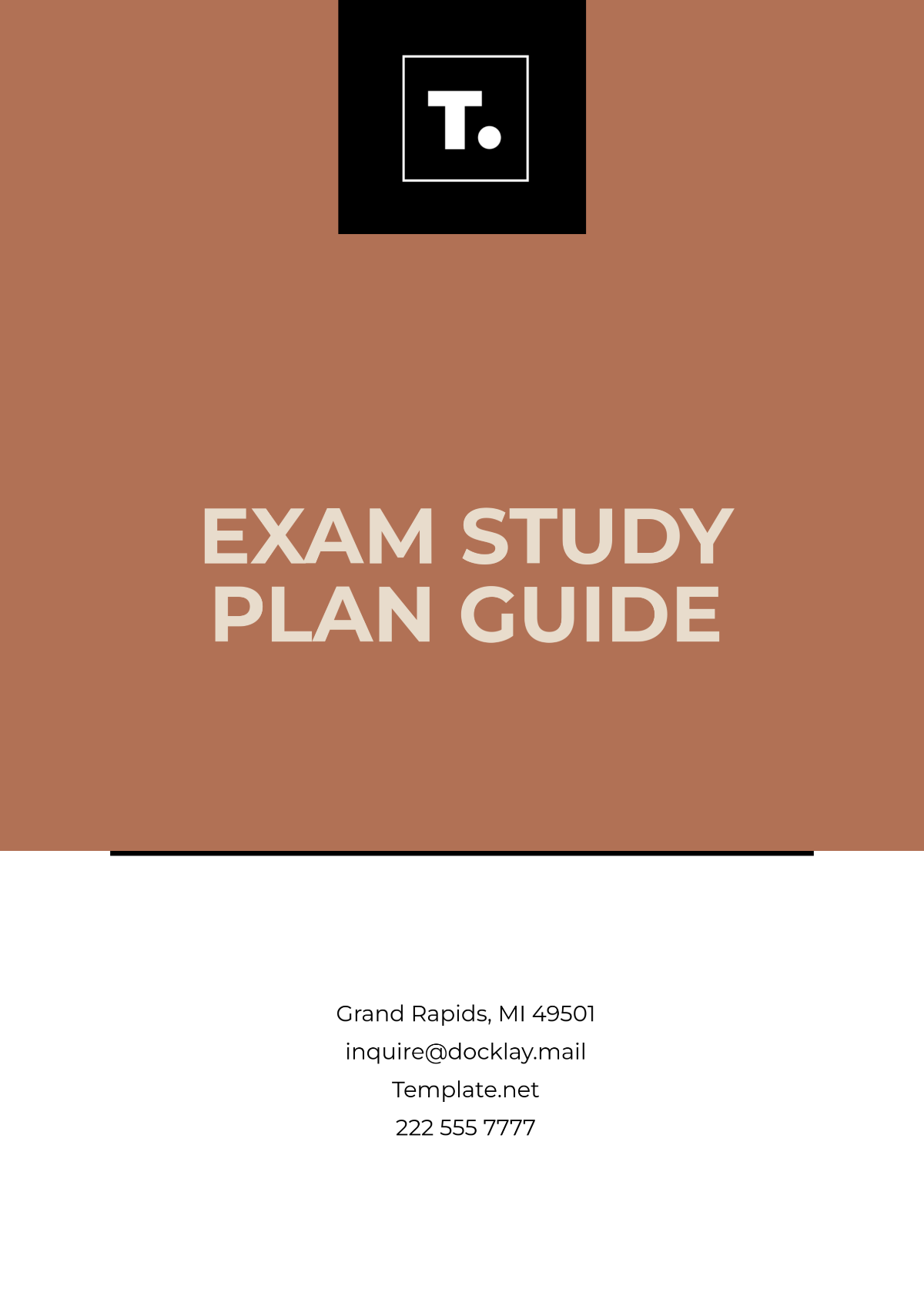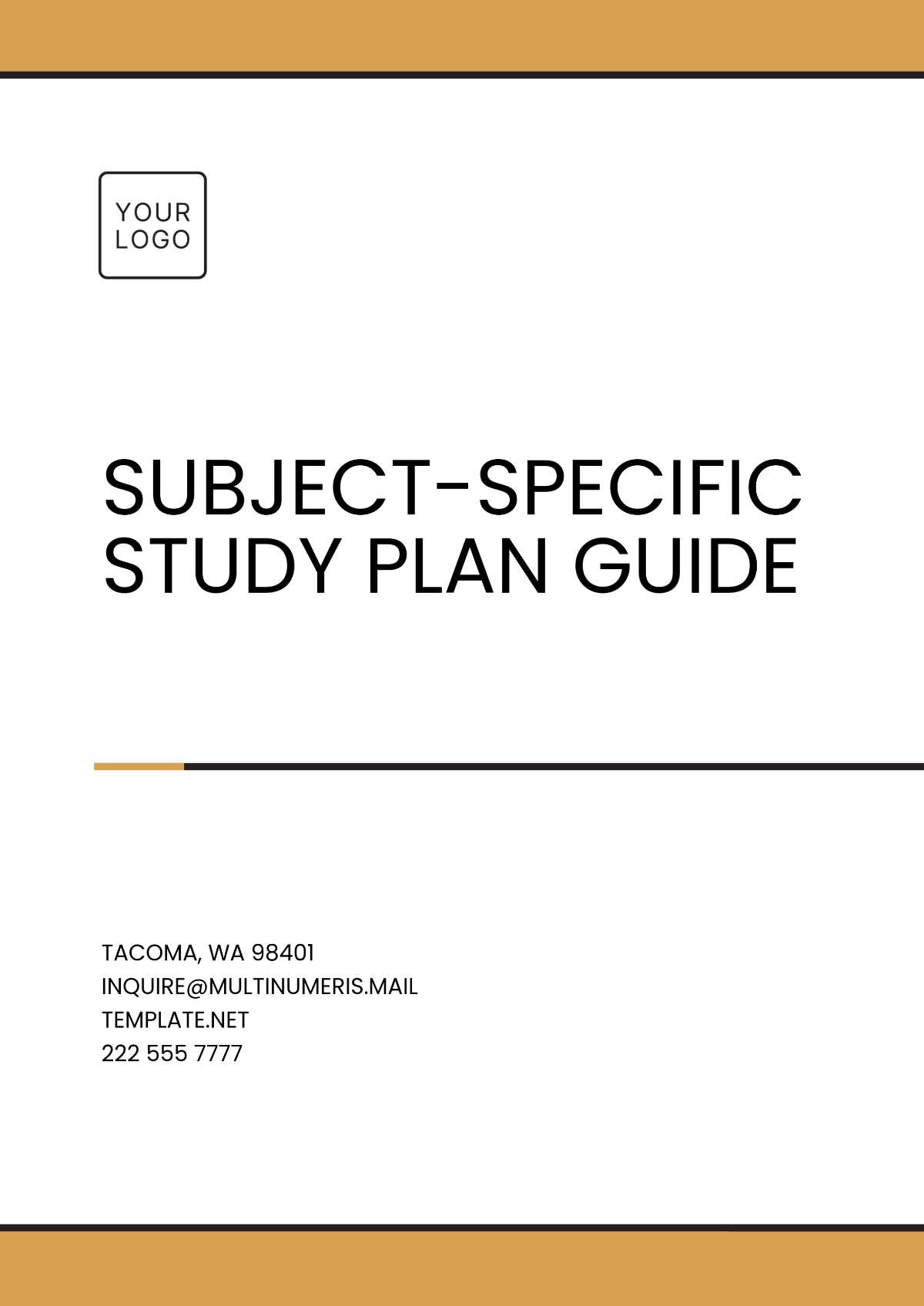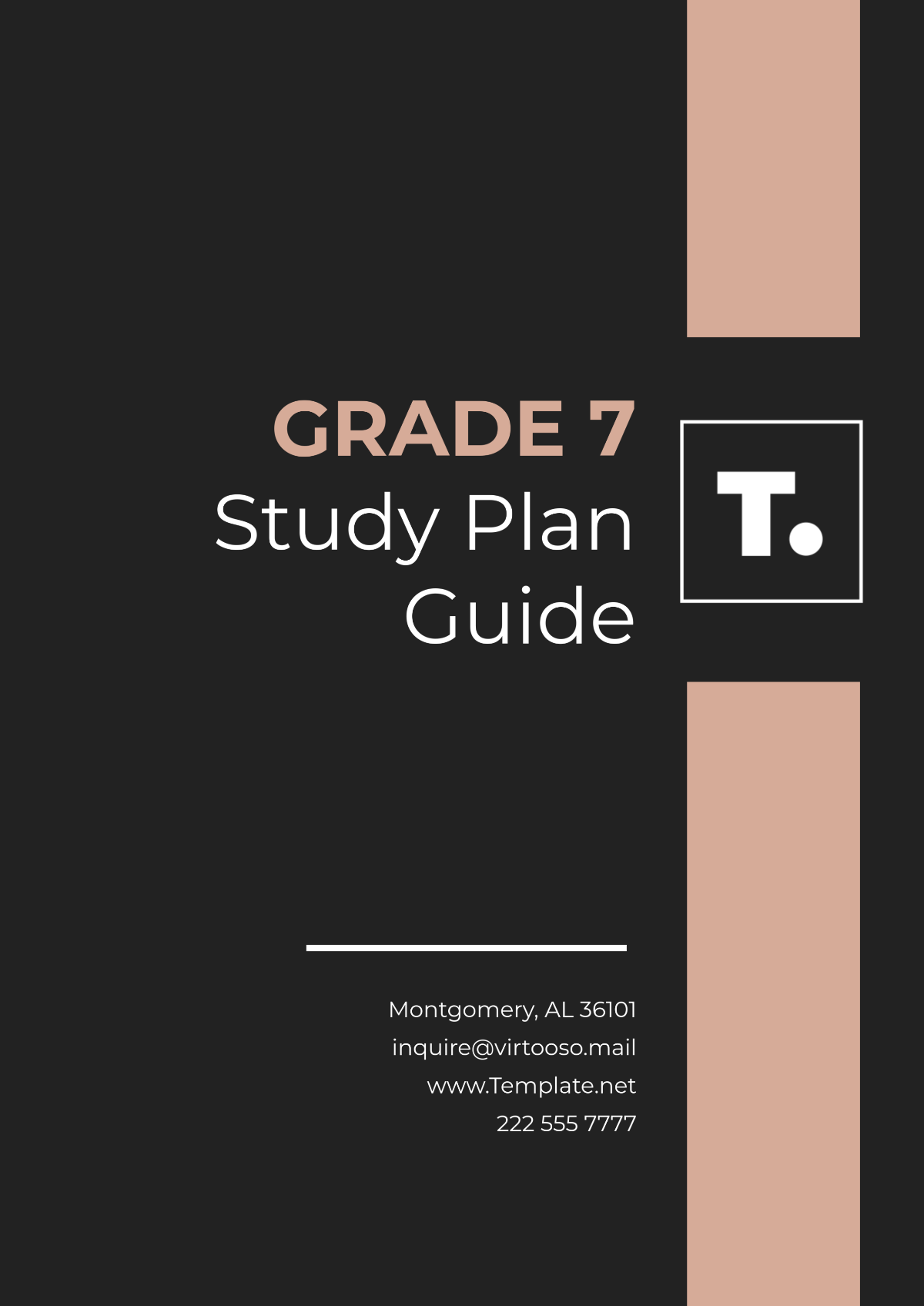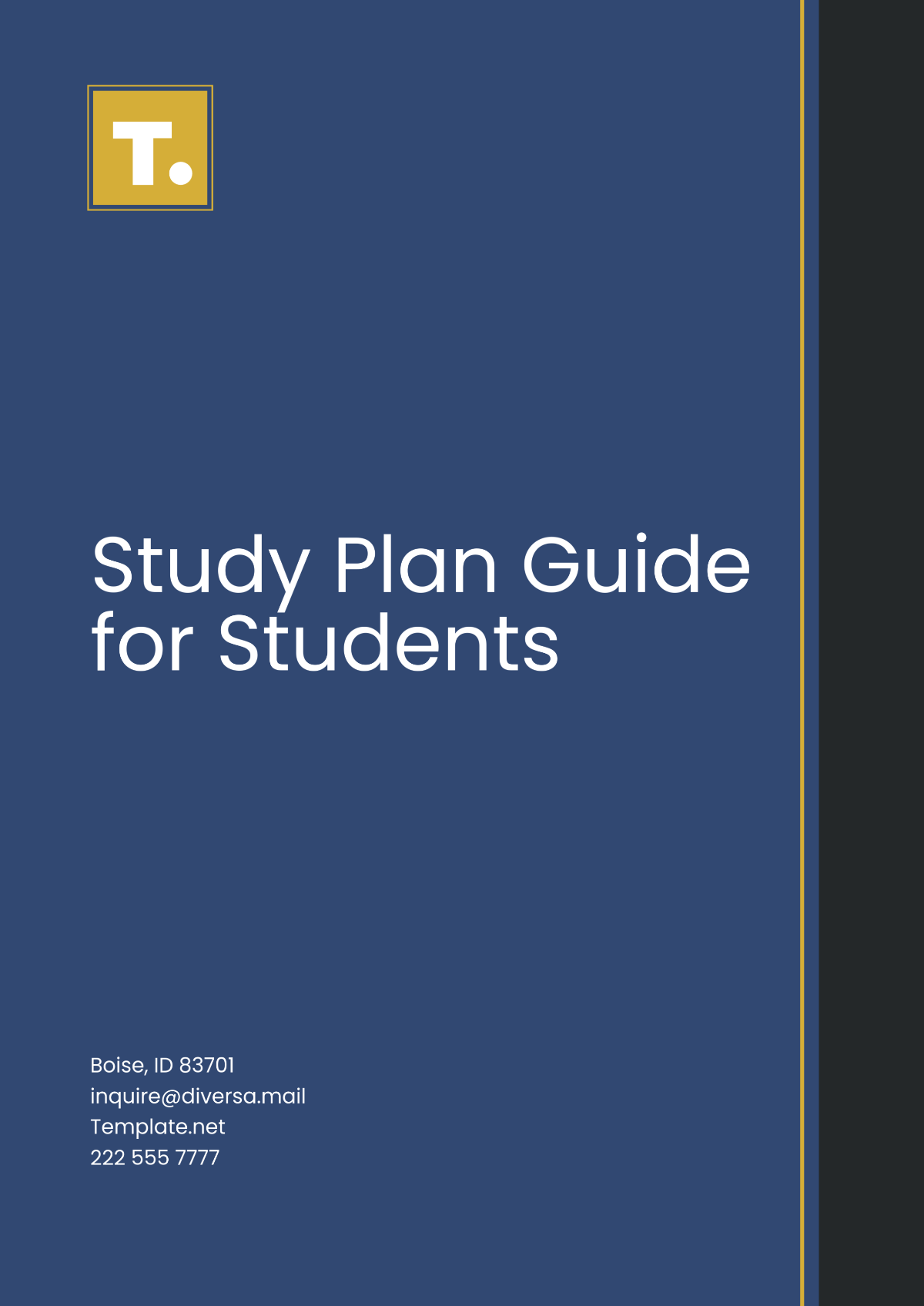Study Plan Design for Research Paper
1. Title of the Study:
Study Plan for Research on [Research Topic]
2. Purpose and Objectives:
Purpose: To outline the key steps and schedule for completing the research paper on [Research Topic].
Objectives:
To gather relevant literature and resources
To formulate research questions and hypotheses
To collect and analyze data
To write and revise the research paper
To ensure the research paper adheres to academic standards
3. Research Methodology:
Approach: Qualitative/Quantitative/Hybrid
Methods:
Literature Review
Survey/Interviews/Experiments (choose depending on the topic)
Data Collection and Analysis
Statistical Analysis (if applicable)
Tools/Software: SPSS, NVivo, Microsoft Excel, Google Scholar, etc. (based on your research needs)
4. Timeline and Milestones:
Phase | Task Description | Timeline |
|---|---|---|
Phase 1: Literature Review | Collect relevant articles, books, and papers; analyze key concepts | Week 1-2 |
Phase 2: Research Design | Develop research questions, hypothesis, and methodology | Week 3-4 |
Phase 3: Data Collection | Conduct surveys, interviews, and experiments, gather data | Week 5-6 |
Phase 4: Data Analysis | Analyze data using appropriate tools and methods | Week 7-8 |
Phase 5: Writing the Paper | Write the first draft, including introduction, methodology, and results | Week 9-10 |
Phase 6: Editing and Revision | Review and revise the paper for clarity, coherence, and accuracy | Week 11-12 |
Phase 7: Final Submission | Submit the completed research paper | Week 13 |
5. Resources Needed:
Books and Articles: List of key textbooks and academic journals needed for the research.
Software and Tools: Statistical tools (SPSS, R), qualitative analysis software (NVivo), word processing tools (MS Word).
Support Materials: Templates for data collection, survey questionnaires, interview guidelines.
6. Evaluation and Success Criteria:
Data Quality: accurate and relevant data collected from credible sources.
Analysis: Clear and logical presentation of data analysis.
Writing: well-organized, concise, and free from grammatical errors.
Adherence to Deadlines: Submission of all milestones according to the timeline.
7. Potential Challenges and Solutions:
Challenge: difficulty in finding enough research material or data.
Solution: Expand the scope of the literature search and consult different academic databases.
Challenge: Time management issues.
Solution: Stick to the schedule, breaking tasks into smaller, manageable parts.
Challenge: Technical issues with software or data collection tools.
Solution: Ensure early testing and backups for software tools and have a contingency plan.
8. Expected Outcomes:
A thorough literature review of the chosen topic.
A well-designed research methodology tailored to the research objectives.
A comprehensive research paper that contributes new insights to the field.
A final paper ready for submission to academic journals or conferences.

